Posts by Lindsay Rutherford, Ph.D.
Lindsay is currently a Scientific Advisor at KCAS Bio, supporting Ligand Binding Assay (LBA) services. Lindsay has over 15 years of experience in assay development and previously worked at ICON overseeing the Large Molecule Method development team. Prior to her CRO work, Lindsay spent 10 years in the diagnostic and drug development space. She received her Ph.D. in Chemistry at the University of Arkansas and works out of the Kansas City area.
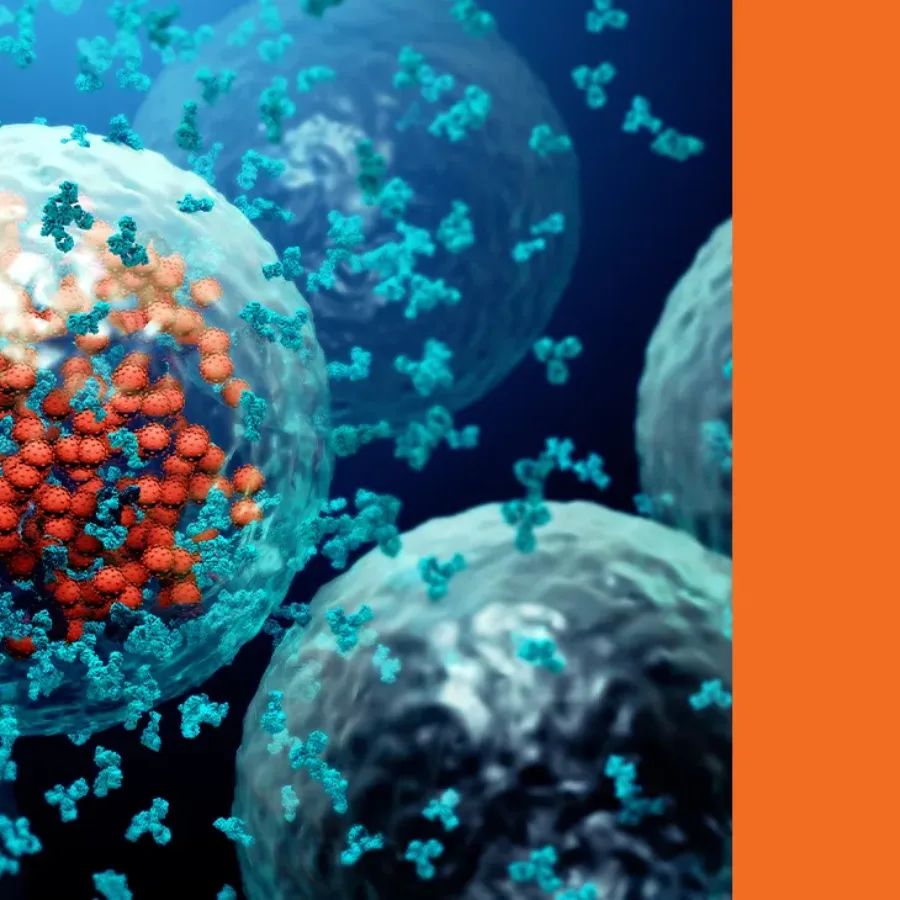 Blogs
Blogs
What Are ADA Assays and Why Do They Matter? In both preclinical and clinical studies, evaluating immunogenicity, the immune system’s response to a foreign substance, is a critical factor. Anti-drug antibody (ADA) assays play a pivotal role in this evaluation, helping researchers and pharmaceutical companies determine how the immune system…
 Blogs
Blogs
In the drug development landscape, biomarkers are important tools that are used as strategic drivers of decision-making. From target engagement to safety monitoring and patient stratification, biomarkers accelerate clinical development and increase the probability of success. But not all biomarkers are created equal, and their value depends heavily on…
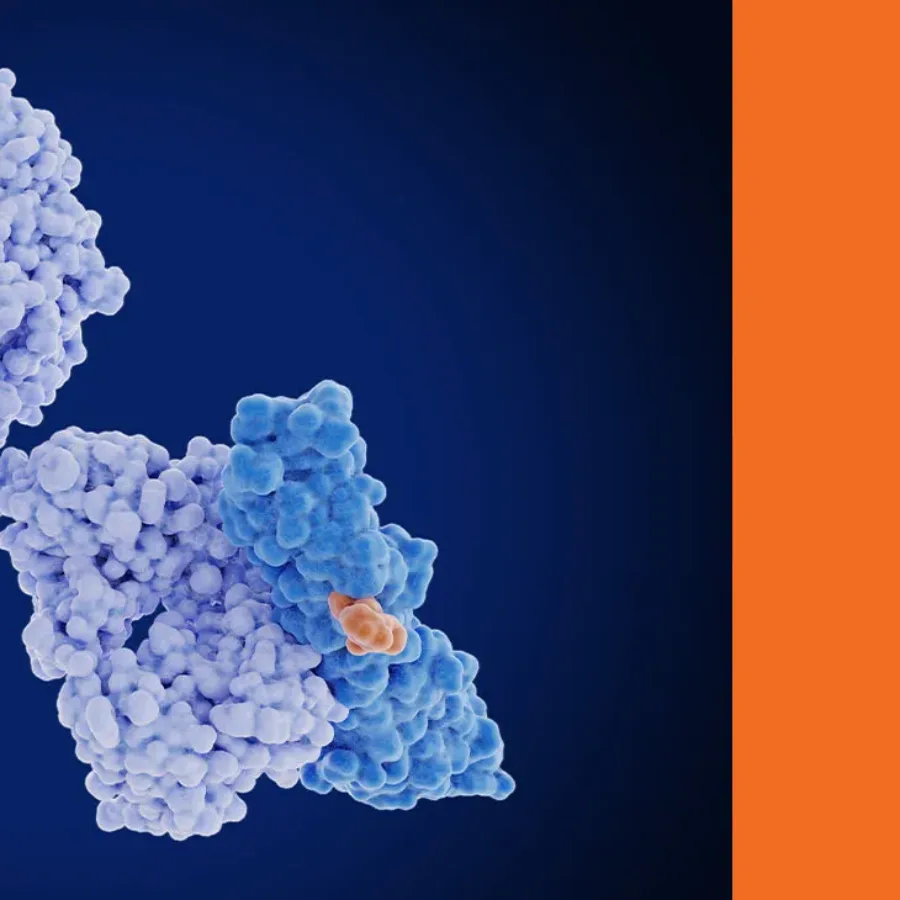 Blogs
Blogs
What Are Neutralizing Antibody (NAb) Assays? Neutralizing antibodies (NAbs) are a subset of anti-drug antibodies (ADAs) that play an important role in evaluating the immunogenicity, safety, and efficacy of a drug product. For a deeper dive into ADA assays and their role in preclinical immunogenicity assessment, see our blog…
 Blogs
Blogs
Why Immunogenicity in Drug Development Matters Immunogenicity, why do we keep talking about it? Immunogenicity can, in the simplest of terms, be described as a subject’s ability to generate antibodies specific to the dosed protein therapeutic. Immunogenicity can be either a wanted or unwanted reaction. Wanted immunogenicity is the desired…
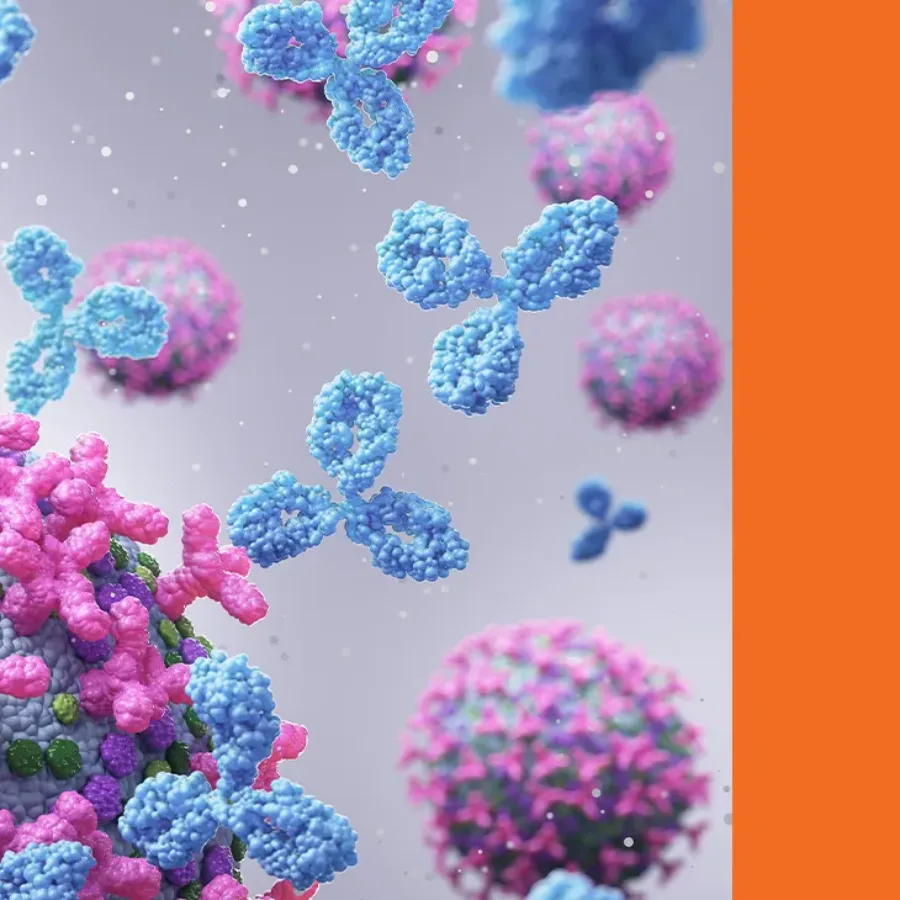 Blogs
Blogs
In the ever-evolving landscape of drug development, biomarkers have emerged as critical tools for the mechanism of action, early proof of mechanism, safety, predictive, efficacy, and monitoring treatment response. As the field advances, two major classes of biomarkers have come to the forefront: soluble biomarkers and cellular biomarkers. While…
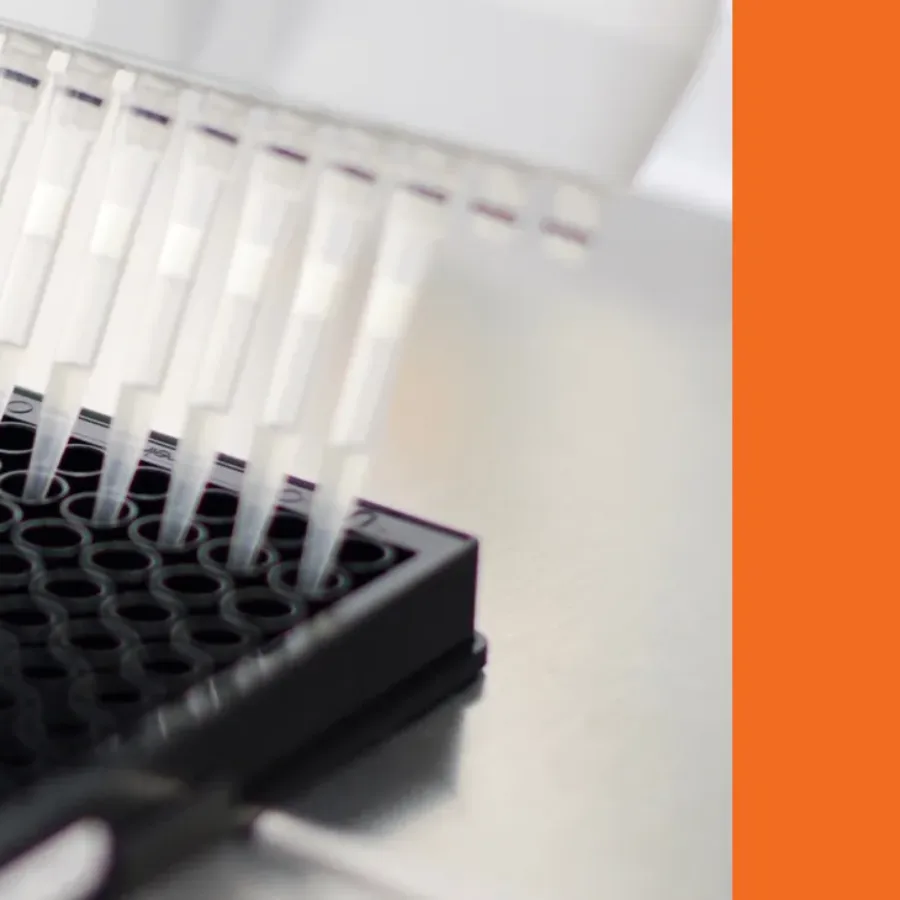 Blogs
Blogs
KCAS Bio offers a wide range of biomarker services, from cell-based to soluble biomarker analysis, including ligand binding assays (LBA), across a variety of matrix types. Soluble biomarker analysis can be achieved on multiple platforms depending on factors such as sample type, required sensitivity, and whether multiplexing is…
 Blogs
Blogs
Antibody-drug conjugates (ADCs) have been conventionally developed for a wide range of oncological applications since the first ADC approval in 2000 by the FDA. Typically, an ADC consists of three main components: antibody, linker conjugate, and therapeutic drug (payload). The mechanism of an ADC involves the antibody binding to a specific…
 Blogs
Blogs
Biomarker assay development is pivotal to clinical research and the success of a study, yet the journey from qualification to validation is often complex. In this blog, we discuss four must-know essentials to optimize your assay development process. 1. Understand the Context of Use: Qualification vs. Validation 2. Choosing the…
 webinars
webinars
Webinar Description: Biomarkers are a critical aspect of bioanalytical testing, as they provide a vast amount of information, from the effects of a drug on the subject to determining the drug’s mechanism of action and the correct dose for a patient. When developing a biomarker, it is important to understand…
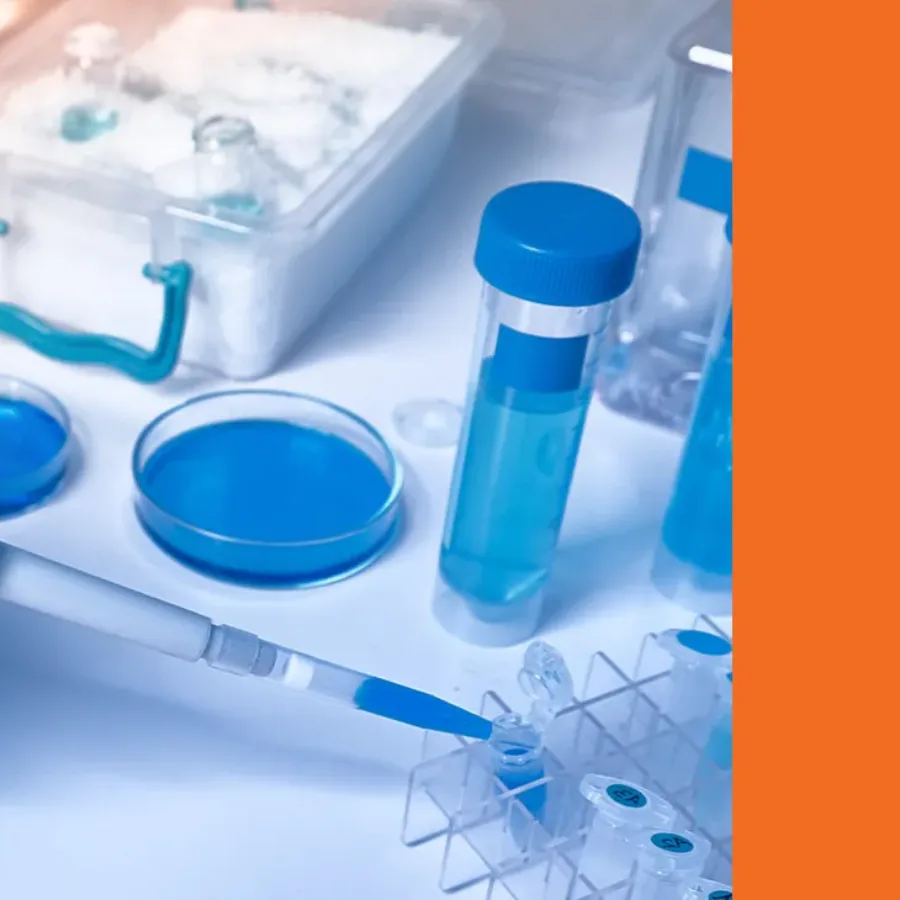 Blogs
Blogs
A pharmacokinetic (PK) assays evaluate how the body affects a specific substance after administration which includes: absorption, biodistribution, metabolism, and excretion. Preclinical (or non-clinical) PK assays play a crucial role in drug development and typically focus on assessing drug safety and maximum tolerable dose. For the development of pre-clinical PK…
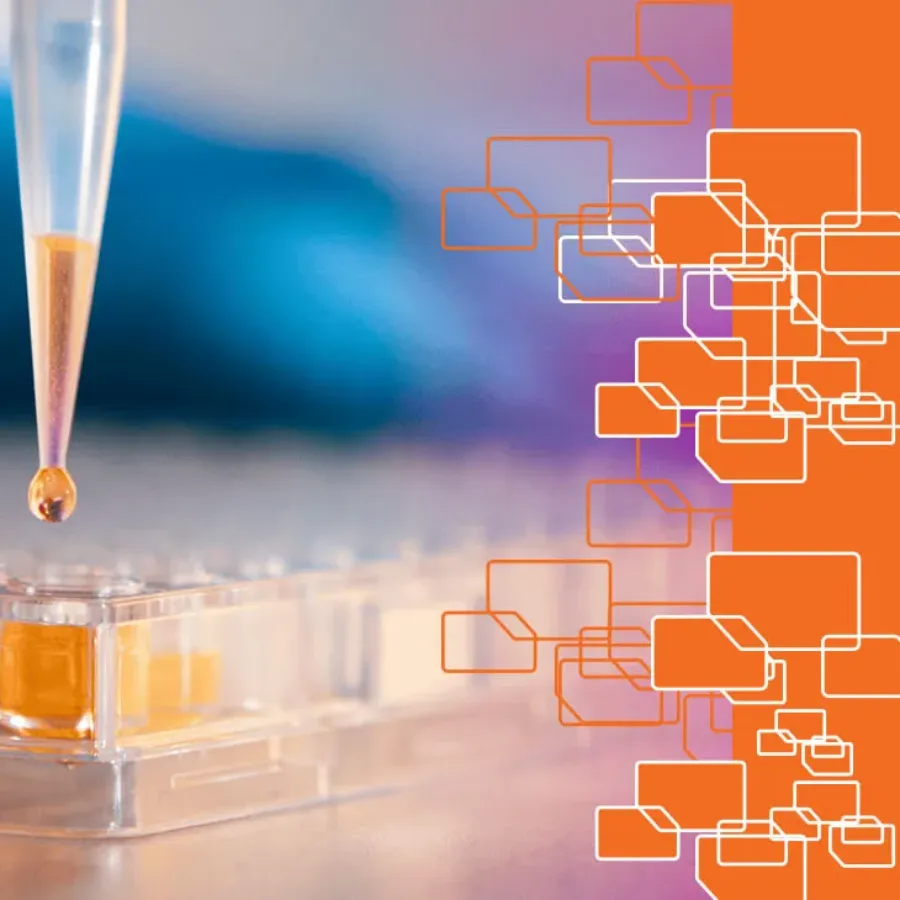 Blogs
Blogs
Over the past decade, a continued discussion point has been the idea around analyzing samples on Ligand Binding Assay (LBA) platforms in singlet (one well) versus the standard duplicate analysis (Single sample added to two different wells). In the recent M10 Bioanalytical Method Validation Guideline issued for guidance in June…
 Blogs
Blogs
You might be asking what type of laboratory my biomarker assay requires or what level of qualification or validation my assay needs. These are complex questions which there continues to be a significant amount of misunderstanding around. Fortunately, KCAS Bio has extensive experience with both biomarker development and qualification/validation to…